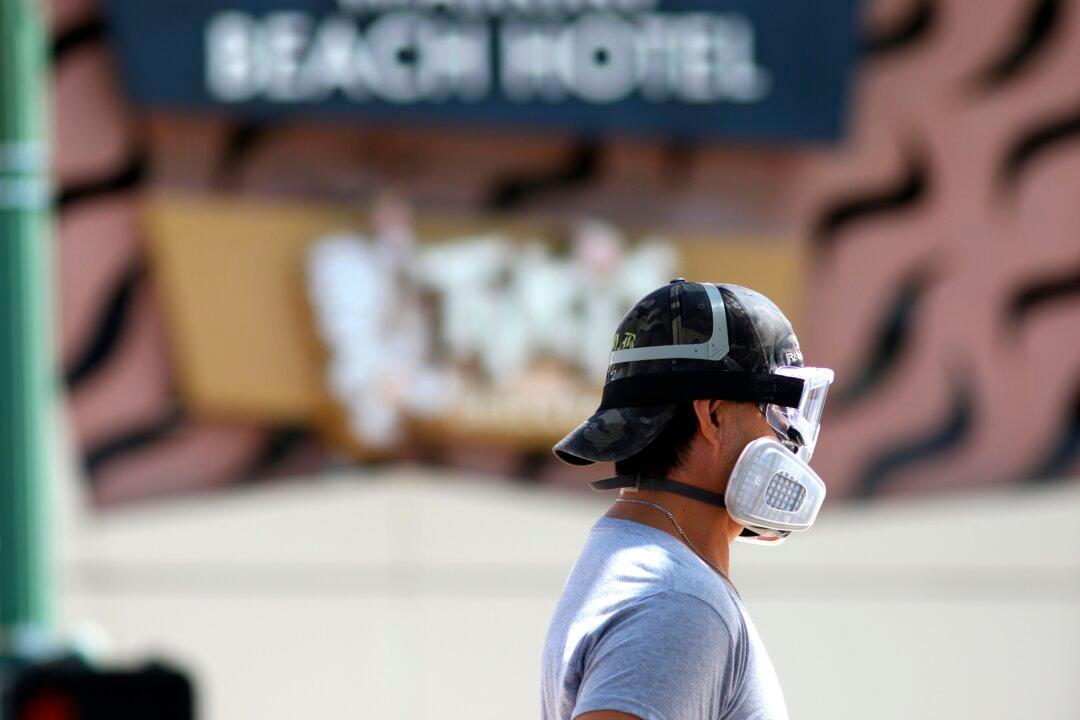No new cases of the CCP virus were reported in Hawaii for the first time since mid-March on Friday. Authorities have called it a positive development but said it doesn’t mean the pandemic has ended in the state and asked people not to become complacent.
“We have seen a steady decline in new cases over the past several weeks, although today we’re at zero, we want to maintain these declines,” State Epidemiologist Dr. Sarah Park said in a statement.





